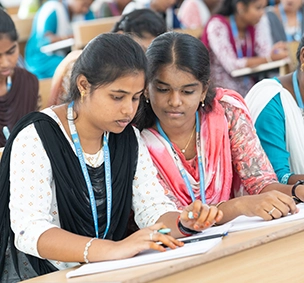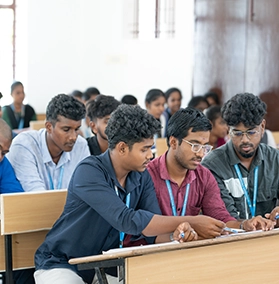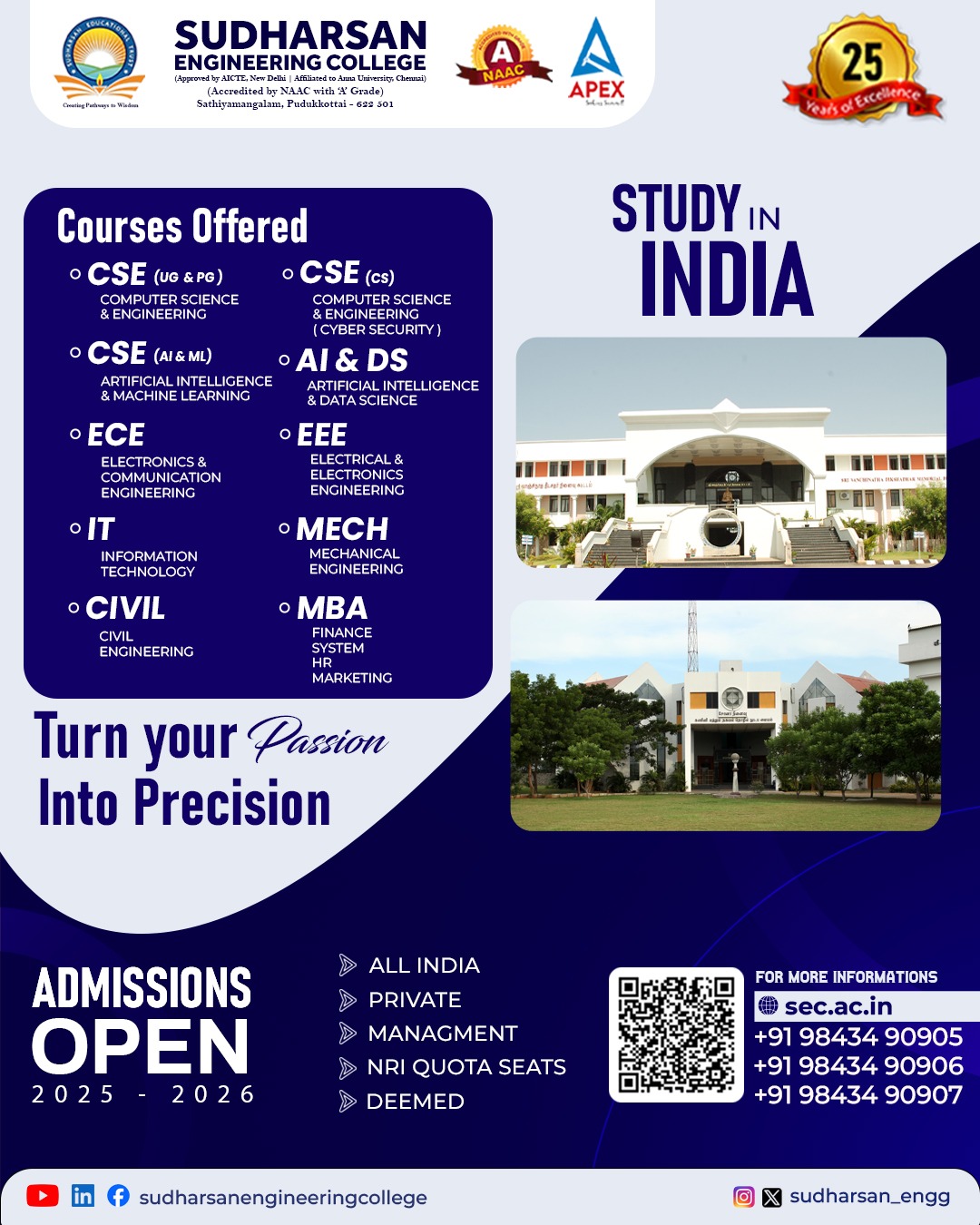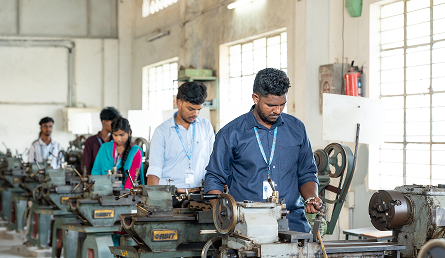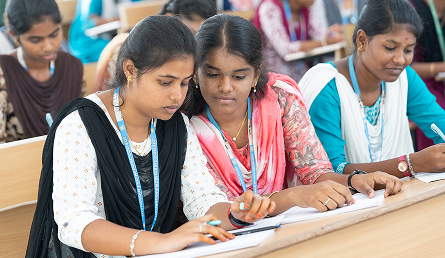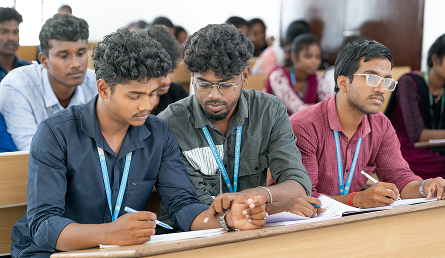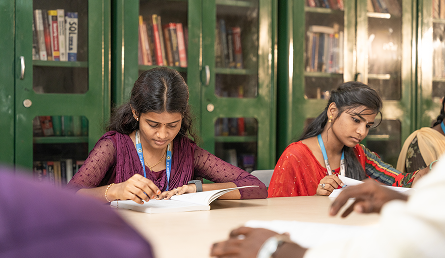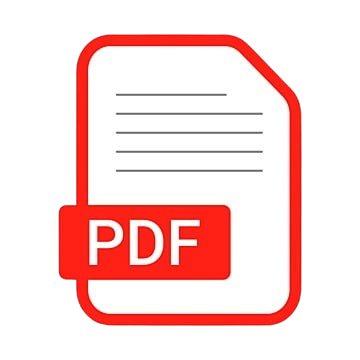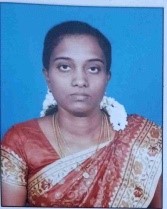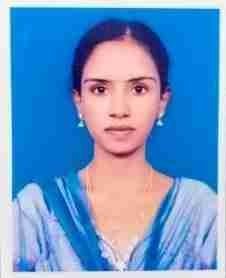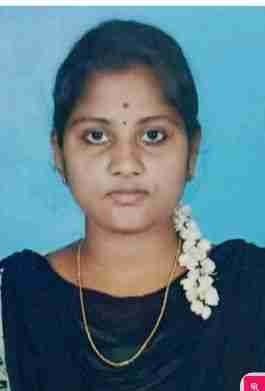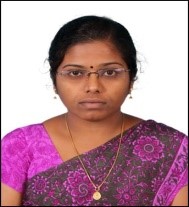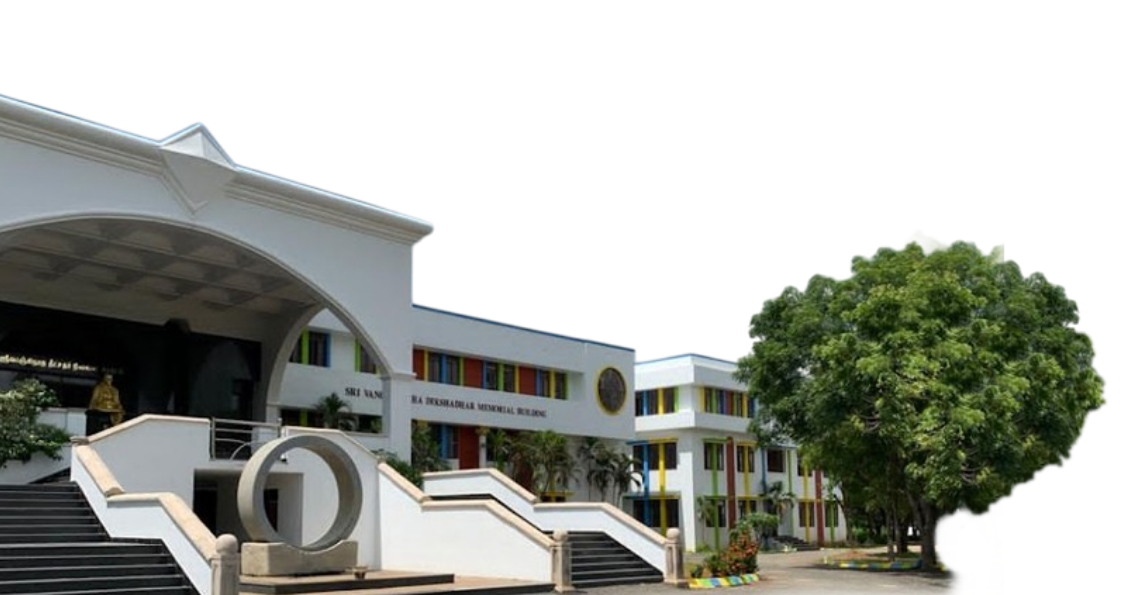Artificial Intelligence & Machine Learning
Department of Artificial Intelligence & Machine Learning
Artificial Intelligence (AI) refers to the simulation of human intelligence in machines that are
programmed to think and learn like humans. Machine Learning (ML) is a subset of AI that involves the use
of algorithms and statistical models to enable machines to improve their performance with experience.
We will provide the students with knowledge, expertise and training resources for these new technologies
so that students can leverage this expertise in the field of computing. Students will be provided
learning opportunities in real world work situations that will keep them abreast of the latest skills
and knowledge . To adequately prepare themselves for the Industry, students will be given ample
opportunities to participate in the technical activities, competitions, internships and placements.
Artificial Intelligence and Machine Learning undergraduate engineering course has been started by the
institute from the academic year July 2023 with the intake capacity of 60 seats.
